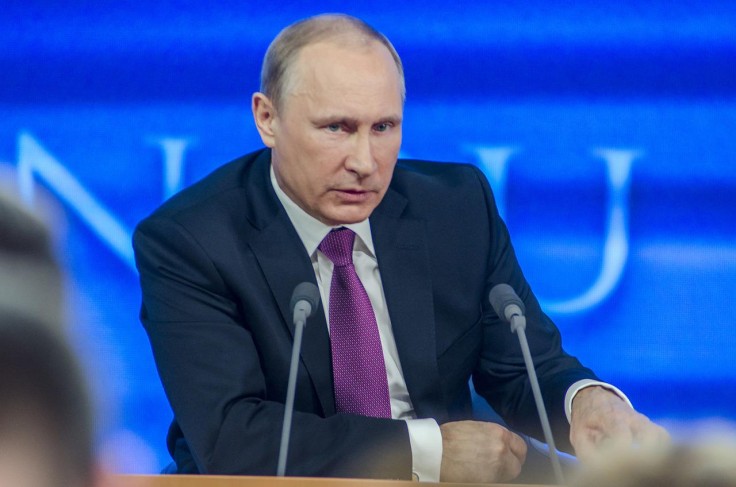
Russian individuals who refused to bear children could soon be fined thousands of dollars in a new law making its way through the parliament. The bill is part of Russia's effort to combat its declinining population rate.
Vyacheslav Volodin, the chairman of the State Duma and close ally of President Vladimir Putin, revealed the proposal in a Telegram message, adding that legislators are considering completely outlawing a child-free lifestyle.
"We have begun to consider a bill banning the propaganda of conscious refusal to have children," he wrote, per translations via Google Translate.
"A friendly and large family is the basis of a strong state," Volodin added.
Specific Provisions
The new bill proposes to fine individuals refusing to have children at least 400,000 rubles or $4,354. This could increase to $8,639 if the person discussing a "childless lifestyle" is an official.
The bill will also ban the dissemination of any material that encourages people to live a child-free lifestyle. This includes internet materials, movies, or advertising. The fines imposed on individuals caught sharing these materials will range from $4,000 to nearly $9,000. Companies that disseminate information encouraging "childlessness" will be fined $53,906.
The fines are similar to those put in place as part of the country's anti-LGBTQ+ law. That bill, which passed in 2022, criminalized the promotion of materials depicting "non-traditional sexual relations."
Behind the Ban
In the Telegram message, Volodin noted that childless lifestyles undermined could be contributing to Russia's low birth rate. The country recorded a historically low birthrate in the first six months of 2024, with only 599,600 children born in that period, the New York Post reported.
Russia's population is forecasted to shrink by half by 2100, per Business Insider. That report also said the Russia-Ukraine war has further worsened the country's problem with its declining population.
The ban also follows other efforts by the parliament to increase its population, including giving one-time incentives to Russian mothers with 10 or more children and changing workplace Key Performance Indicators (KPIs) to whether or not a female employee is pregnant.
Additionally, employers were also encouraged to offer workers to have sexual intercourse during lunch breaks.